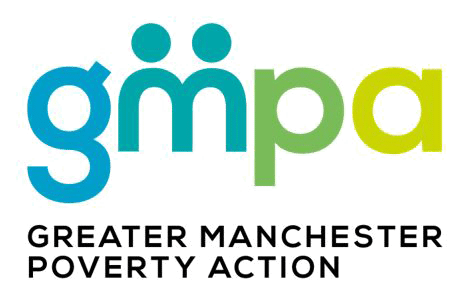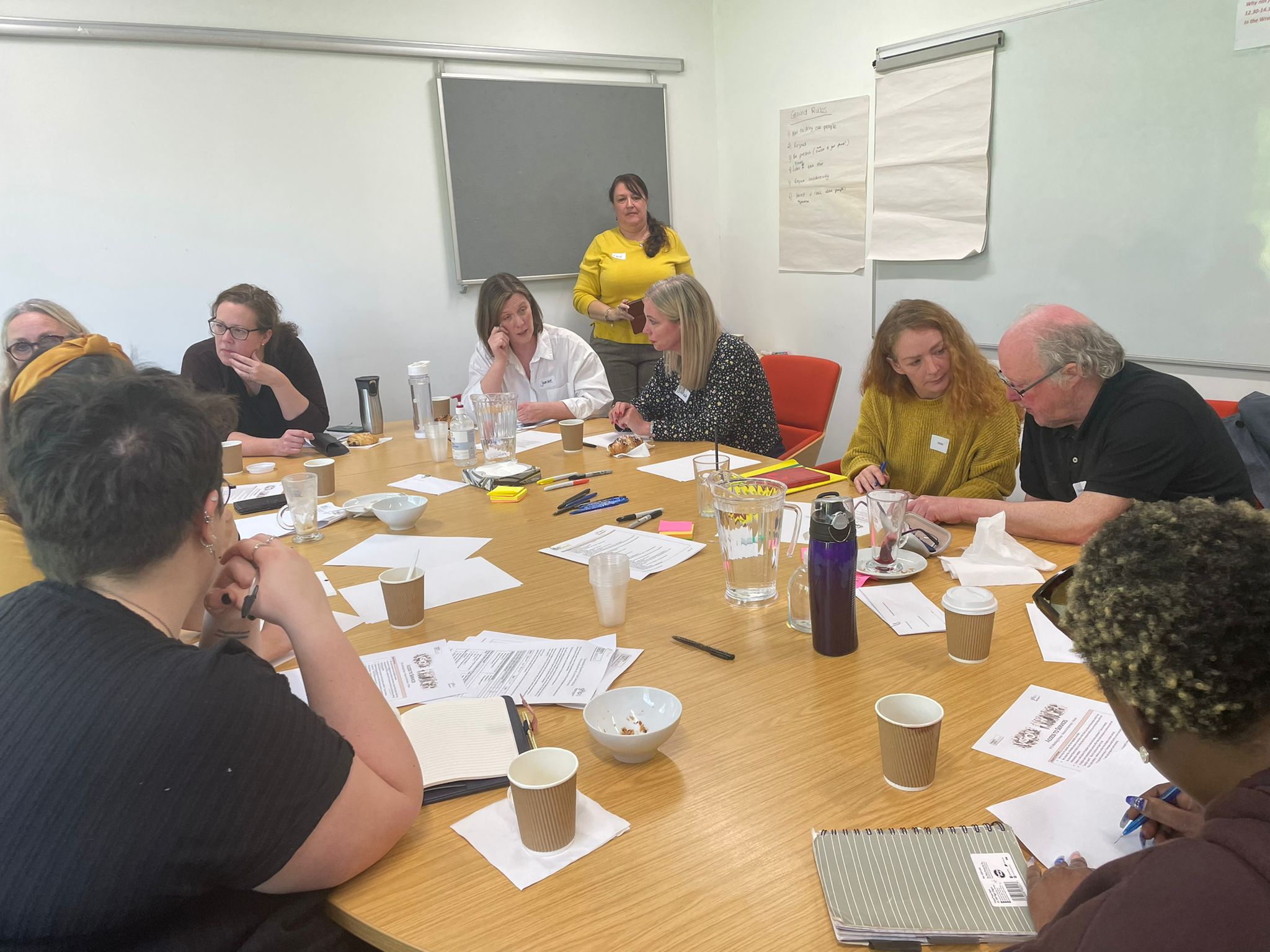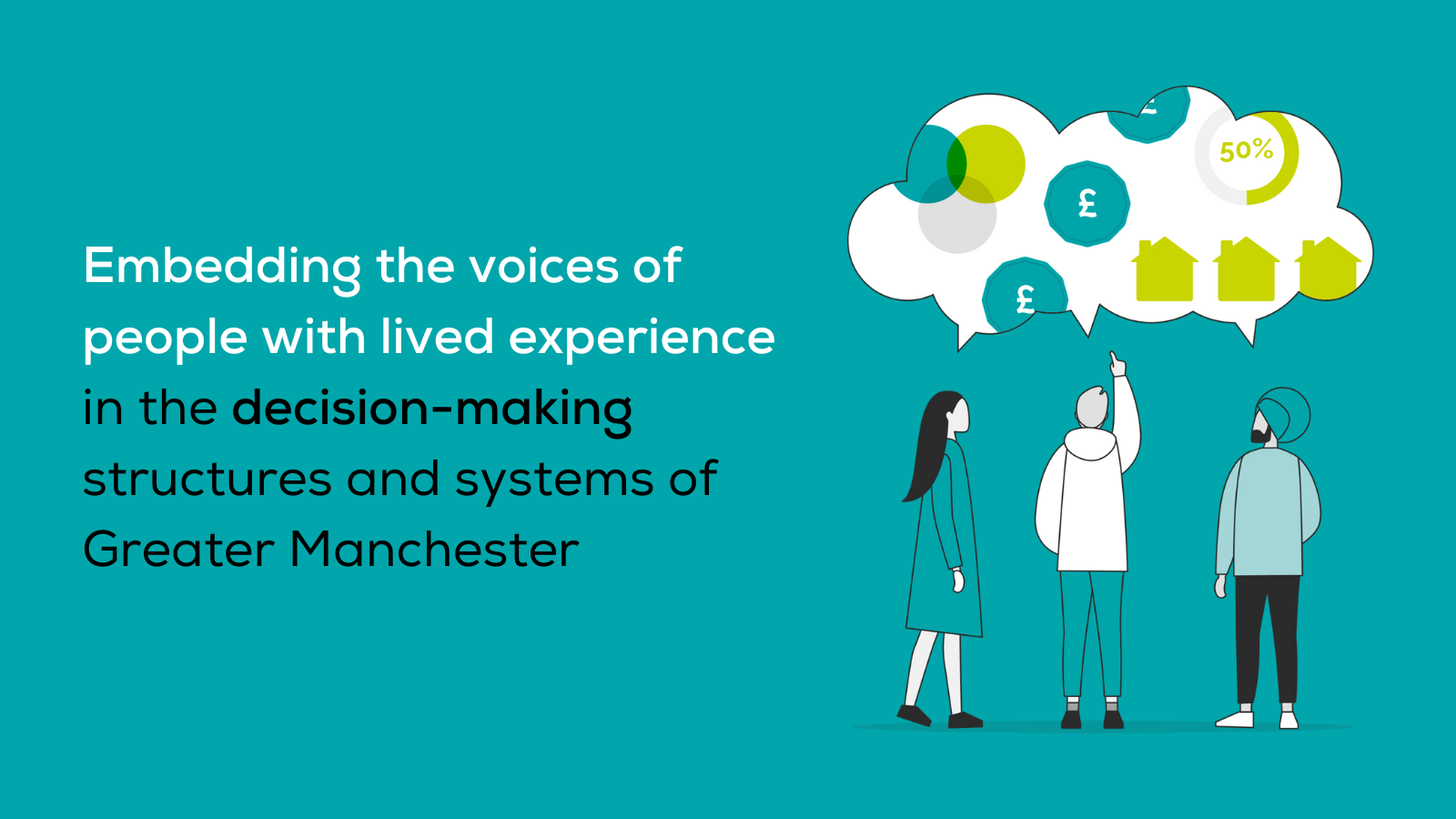By Megan Isaac, Research and Policy Intern at Just Fair
Section 1 of the Equality Act 2010, the socio-economic duty (‘the duty’), is intended to reduce socio-economic disadvantage. If enacted, it requires local and public authorities to consider the ways in which their decisions increase or decrease inequalities that result from socio-economic disadvantage. We campaign on the socio-economic duty as a tool to address inequality and discrimination in the UK.
Today we launched our new report ‘The socio-economic duty in action: case studies from England and Wales.’
Jointly written and produced with our partner Greater Manchester Poverty Action (GMPA), the report brings together case studies from local authorities and public bodies in England who have voluntarily adopted the socio-economic duty, and from the Welsh Government who implemented the duty in Wales in 2021.
The report finds that, across England and Wales, the duty is being used to tackle inequality in a wide range of areas, including recruitment, addressing the cost-of-living crisis, preventing increases in school meal prices, and responding to the Covid-19 pandemic.
Below are two examples of case studies profiled in the report.
Merseyside Fire and Rescue Service – driving licence bursary scheme
Merseyside Fire and Rescue Service (MFRS) voluntarily adopted the duty in 2021.
As a result of using the duty in their decision making, MFRS realised that individuals experiencing socio-economic disadvantage were underrepresented in firefighter applications due to the requirement to have a driving licence.
MFRS removed the driving licence requirement for prospective firefighters and now offer bursaries for successful applicants from 20 deprived areas of Merseyside. This led to an additional 195 applications in 2022, 48 per cent of which came from the 10 per cent most deprived areas of Merseyside.
Welsh Government – Covid-19 Statutory Sick Pay Enhancement Scheme
Following the adoption of the duty at national level in 2021, the Welsh Government conducts Integrated Impact Assessments for strategic decisions which now includes considerations of socio-economic disadvantage.
During Covid-19, an assessment of financial support offered to social care workers highlighted that most of the social care workforce were women, with high levels of socio-economic disadvantage and most not receiving occupational sick pay.
The Welsh Government therefore introduced a Statutory Sick Pay Enhancement (SSP) scheme which ensured that social care workers who were unable to work due to exposure to Covid-19 received their full pay, without delay.
The scheme contributed to longer-term changes in social care working conditions, which included the introduction of the Real Living Wage for all social care workers in April 2022.
Benefits of the duty
The report highlights some of the varied and innovative ways in which the duty can reduce the inequalities that result from socio-economic disadvantage.
From more inclusive recruitment practices to increased social security payments, the duty is a powerful tool for addressing inequality.
By requiring local authorities and public bodies to pay due regard to socio-economic disadvantage, equality is centred in strategic decision-making, an important step on the road to realising everyday human rights.












